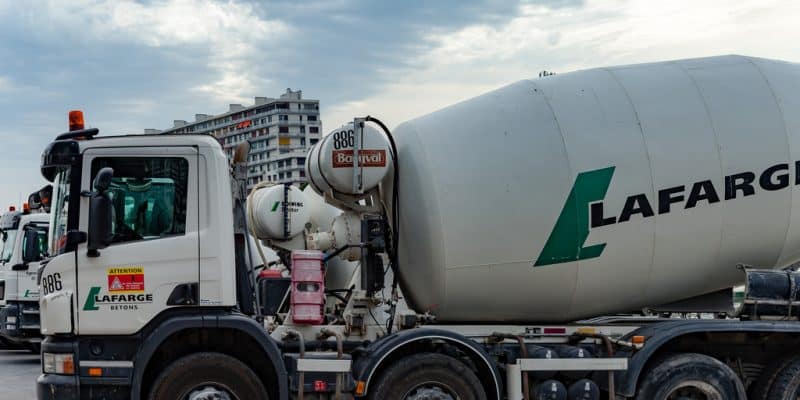Thanks to its research and development (R&D) laboratory, the South African subsidiary of the Franco-Swiss group LafargeHolcim is launching a low-carbon cement called "Ecopact". The cement company's eco-friendly initiative comes at a time when South Africa wants to reduce its greenhouse gas (GHG) emissions by 42% by 2025.
According to climate scientists, the cement industry alone is responsible for almost 5% of annual carbon dioxide (CO2) emissions worldwide. Against this backdrop, LafargeHolcim’s South African subsidiary is launching “EcoPact”, a new range of low-carbon concrete. According to the South African branch of the building materials multinational, headed by Kaziwe Kaulule, the solution will limit the environmental impact of buildings by reducing CO2 emissions by 70%.
“This Lafarge initiative ticks both the upcycling and recycling boxes that are essential to promoting the circular economy,” says Lisa Reynolds, CEO of the Green Building Council South Africa (GBCSA). The organisation encourages South African property developers to consider CO2, water and waste in the delivery of green projects.
Focus on green building
According to Florent Dubois, LafargeHolcim’s head of sustainable construction, conventional cement is made up of 80% limestone and 20% clay, which is mixed to produce clinker, an element that releases up to 60% of CO2. So to reduce this pollution, LafargeHolcim’s new process consists of replacing the clinker with fly ash from coal-fired power stations and other recycled construction materials.
Read also- SOUTH AFRICA: IFC lends $38 million to Business Partners for green buildings
To do this, the subsidiary of the Franco-Swiss cement company is sourcing from several local construction industries such as its subsidiary Geocycle, whose local headquarters are in Kempton Park in Gauteng province. However, more needs to be done to achieve carbon neutrality in the production of all building materials.
Benoit-Ivan Wansi





